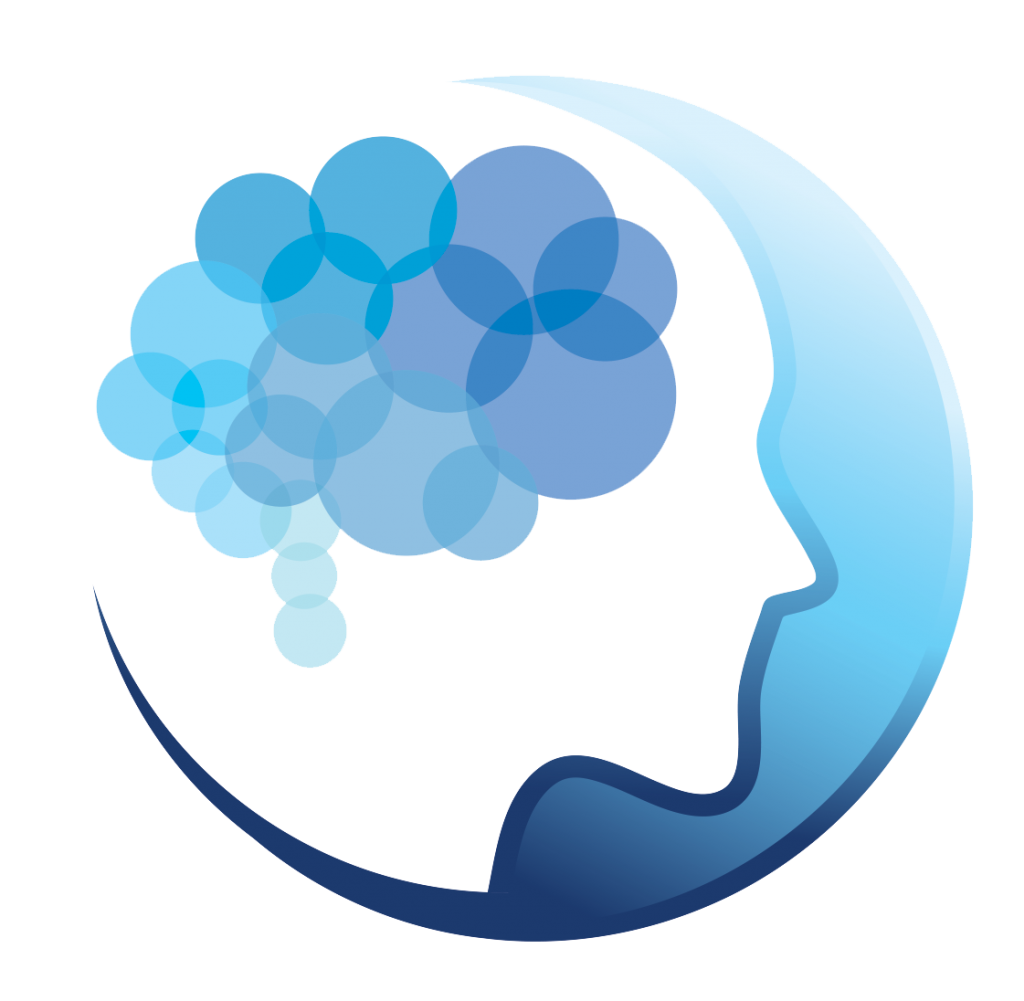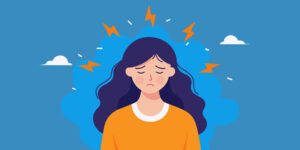Did You Know?

A person needs between 7-9 hours of sleep each night. While you sleep your body is very busy, working on different functions. The immune system is regenerated. Blood sugar levels are balanced. The brain is activated, cleaning things up. Hormones are regulated. If you are sleep deprived it follows that you are pushing your body towards obesity, insulin resistance, weakened immunity and unhealthy cognitive behaviors.

Using technology at night might explain why some people have problems falling asleep. When you use a personal computing device in the evenings before bedtime—whether phone, computer, iPads, TVs—the screens of these devices emit a blue light which is known to deplete Lutein in the eye, and has been linked to macular degeneration. More importantly, this impacts the pineal gland and melatonin levels, making it harder for you to fall asleep. If you must use screens at night, it would be smart to get some orange filters in place. The latest versions of the operating systems for these devices allow you to reduce this blue effect at night. Make sure you have them set.

Being awake for 16 straight hours decreases your performance as much as if your blood alcohol levels were .05 (legal level is .08). Just look at the impact of lack of sleep on a sharpshooter.
This is how a lack of sleep impacts a sharpshooter:
- with 8 hours sleep – 99% accuracy
- with 6 hours sleep – 79% accuracy
- with 5 hours sleep – 35% accuracy
Insomnia and Sleep Hygiene
Sleep plays a critical role in our mental and physical well-being. The body cannot heal, repair or function correctly without sleep. A typical person needs at least 7-9 hours of sleep a night.
Being sleep deprived makes us less resilient. It often leads to daytime drowsiness, reduced mental alertness, and poor concentration and focus. Internally, lack of sleep impacts our hormones and neurotransmitters, appetite, breathing, blood pressure, blood sugar, anxiety, oxidation and cardiovascular function. It is also linked with an increase in the risk of obesity. Sleep is also needed to help balance the nervous system whose job is to manage our stress, which increases when we don’t get enough sleep. In addition, while we sleep our unconscious brain processes and files memories. It’s analogous to ‘backing up’ the information in a computer, which doesn’t happen if you don’t get enough sleep.

Similarly, inflammation has become a chronic problem for many people and research shows that when we sleep less we produce more inflammatory cytokines. Inflammation of the brain and body impacts our daily function.
Following good sleep hygiene is critical for improving health. Here are some tips that will help improve your sleep.
- Follow a consistent sleep schedule. Our DNA is programmed with clock genes meaning that we do much better if we follow the same routines each day.
- Prioritize your sleep—make time for it each night.
- Have a routine you follow before bed that’s relaxing and calming, and away from technology. That might include mindfulness, meditation, breathing, Havening, journaling, and Gratitude statements.
- Establish a calm and relaxing bedroom, with no technology. Dark, quiet and cool enough to sleep.
- Eat the last meal of the day around 6pm.
- Avoid alcohol at night—while you’ll fall asleep quickly, you’ll likely find yourself waking again between 2-3am.
- Avoid nighttime tension and anxiety including scary or thought-provoking films.
Insomnia is largely defined by the problems is causes. Drowsiness, lack of concentration, headaches, stress and mood issues. If you experience insomnia, and you’ve worked on a good sleep routine and it hasn’t made much difference, you may want to dig deeper. Check with a sleep specialist to rule out Sleep Apnea. Run some functional tests to determine what root causes that may be in play. Root causes may include:
- Macronutrient deficiencies such as Magnesium, Vitamin D and Vitamin B6.
- Hormonal imbalances seen in cortisol response and melatonin levels.
- Neurotransmitter imbalances, which can cause the body and brain to be over or under stimulated. Glutamate, Histamine, Dopamine, GABA and Serotonin are all linked to Insomnia and sleep disturbances.
Call today and schedule your Functional Health Assessment and begin your journey toward a great sleep and even better days!
We believe a good night’s sleep is essential to achieving optimal health
Visit our Living Your Excellence Blog
Are you ready for empowered change? It’s time to live your excellence. Choose from our articles below to explore how the latest advances in neuroscience create opportunities for harnessing the power of neuroplasticity, and create a space for inspiration to flow.




















